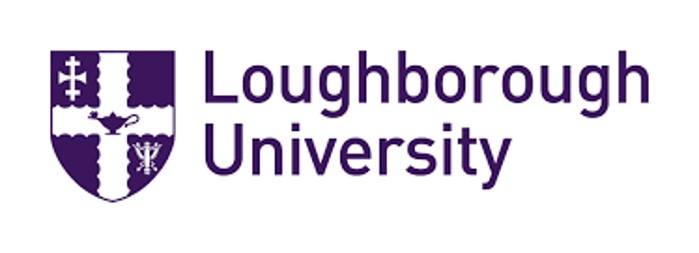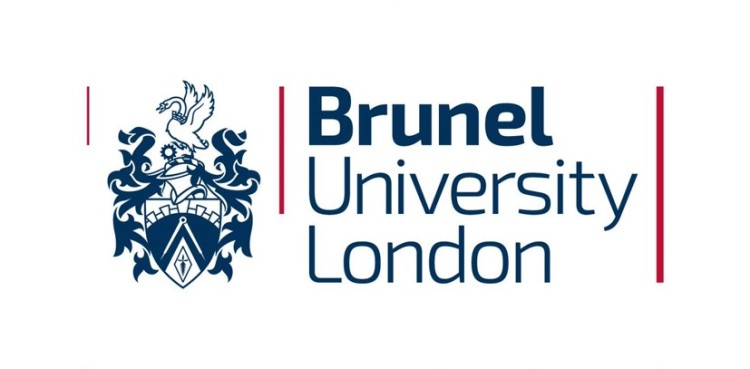
IMMUNE or Immunity Passport Service Design is a nine month project funded by the AHRC (UKRI COVID-19 Research Call) investigating how might we design services for immunity passports for COVID-19.
The purpose of this research project is to apply a user-centred design approach to conduct research that contributes to our understanding of immunity and vaccination passport services as part of the UK’s COVID-19 exit strategy. These immunity or vaccination passports would allow individuals who have antibodies of the SARS-COV-2 to return back to work, travel or socialise without restrictions. Their use has formed part of many countries’ exit plans. Yet, there is dispute among scientists, policy makers and the public that such interventions are based on many uncertainties that could put public health at risk, infringe privacy and lead to inequalities in society.
To better understand this phenomenon, we will engage with key stakeholders to address the following two questions:
1. What are the possible unintended consequences and risks of immunity passports?
2. What are the key stakeholders’ requirements, resources, AI technologies and processes needed in the design of services around immunity or vaccination passports in order to mitigate any unintended consequences?
Our approach will involve interviews, focus groups and participatory design workshops. Key deliverables will be specifications for service design including blueprints, user journey maps and systems modelling.
IMMUNE project team
Panos Balatsoukas (Loughborough), Principal Investigator
Isabel Sassoon (Brunel), Co-Investigator
Thomas Jun (Loughborough), Co-Investigator
Cecilia Landa-Avila (Loughborough), RA in Human Factors / Health Systems Design
Tina Harvey (Loughborough), RA in Communications and Public Engagement
Ozlem Colak, (Loughborough) RA in Experience/User-centred Design
Corina-Elena Niculaescu, (Brunel) RA in Data Science / Human Computer Interaction / Survey Methods



